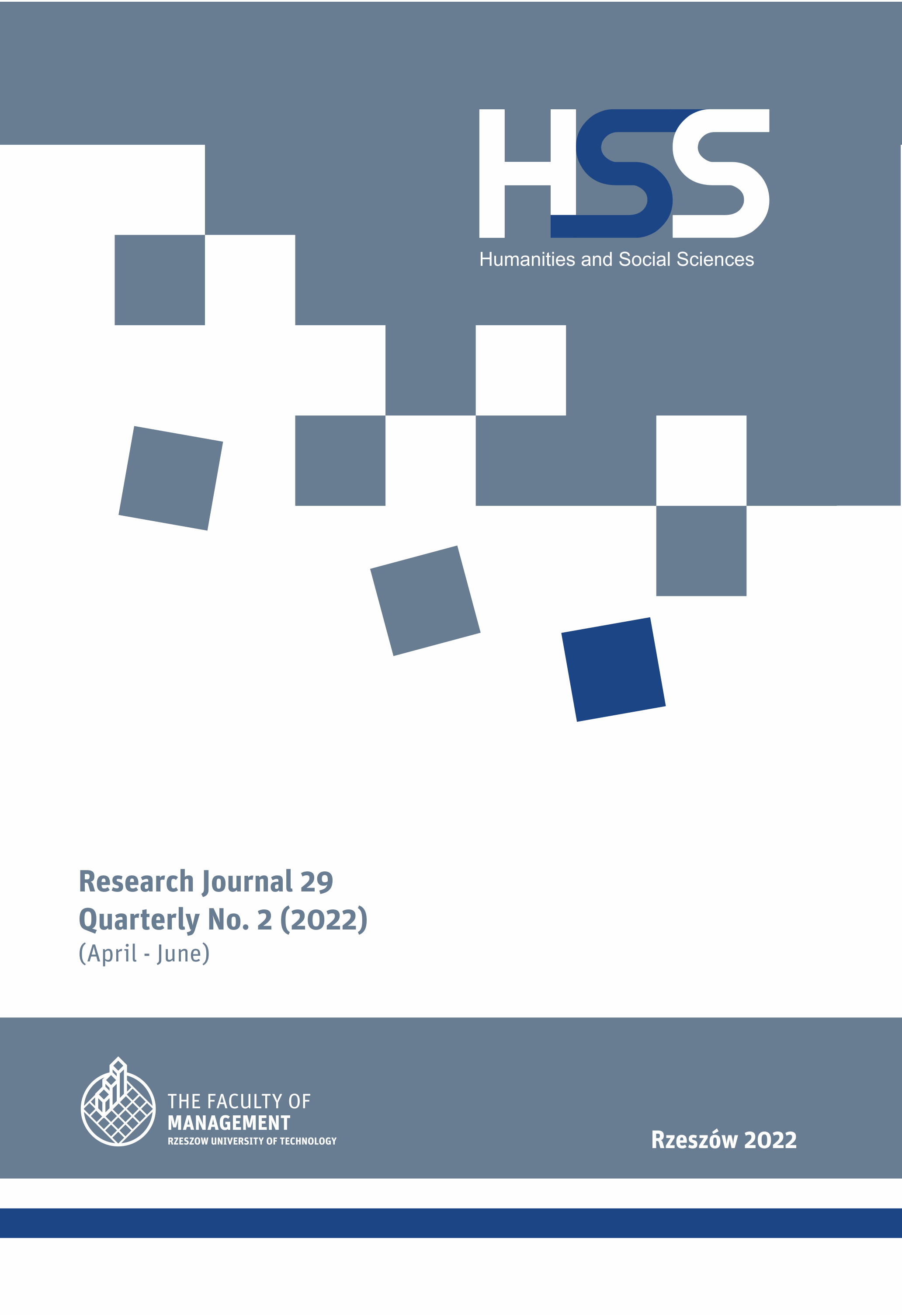Abstrakt
Because of the COVID-19 pandemic, humans have found themselves suddenly in the most challenging times. Our era has given rise to Klaus Schwab’s idea of the Great Reset, meaning that there is no way back to the “normal” and that our lives should never be the same again. However, when we read his book, COVID-19: The Great Reset, what we find is not very promising. The reset as envisioned by influential world financial and political elite, whom Schwab represents, is neither a way back to the past nor a way to a great future. Therefore, I argue that if we really want to consider the Great Reset as a new way for humanity, we need to propose a normative vision that should ultimately include human evolution and social harmony. There are global problems that we urgently need to solve, such as the problems of hunger and the environment, of wealth and poverty, and of peace and war–all of which are related to our survival as humankind. But beyond this, we also need to ask ourselves the question of what “a good life” means. I want to propose a Great Reset that is really transformative, leading to a new age of humanity that I call “evolutionity”.
Bibliografia
Aristotle. The Politics (1962), K. J. Arrow (Trans.). Harmondsworth: Penguin.
Axelrod, R. (1984). The Evolution of Cooperation. New York: Basic Books.
Axelrod, R., Keohane, R. O. (1985). Achieving Cooperation Under Anarchy: Strategies and Institutions. “World Politics”, 38.
Capra, F. (1983). The Turning Point: Science, Society, and the Rising Culture. New York: Bantham Books.
Chayes, A., Chayes, A. H. (1993). On Compliance. “International Organization”, 47.
Coward, H. G. (2008). Perfectibility and Human Nature in Eastern and Western Thought, Albany: SUNY.
De Chardin, T. (2008). The Phenomenon of Man. New York: Harper.
Heisenberg, W. (1985). Politics and Philosophy: The Revolution in Modern Science. New York: Prometheus.
Hobbes, T. (1994). Leviathan. Indianapolis: Hackett (Originally published 1651).
Huxley, J. (1992). Evolutionary Humanism. New York: Prometheus.
Korab-Karpowicz, W. J. (2016). On the History of Political Philosophy. New York: Routledge.
—— (2017). Tractatus Politico-Philosophicus: New Directions for the Future Development of Humankind, New York: Routledge.
—— (2019). The Clash of Epochs: Traditional, Modern, Postmodern, and Evolutionity. “Perspectives on Political Science”, 48(3).
Krauss, L. M. (2012). The Universe from Nothing. New York: Simon & Schuster.
Layne, C. (1994). Kant or Cant: The Myth of Democratic Peace. “International Security”, 19(2).
Malinowski, B. (1976). Freedom and Civilization. Westport: Greenwood Press.
Morgenthau, H. J. (1956). Politics among Nations: The Struggle for Power and Peace. Second Edition. New York: Knopf.
Niebuhr, R. (2011). Children of Light and Children of Darkness. Chicago: University of Chicago.
Penrose, R. (2004). The Road to Reality: A Complete Guide to the Laws of the Universe. New York: Vintage Books.
Prasad, O. (1999). Sound as Harmony [In:] Malik, S. C., ed., Dhivani: Nature and Culture of Sound. New Delhi: D. K. Printworld.
Sample, T. (2013). Human Nature, Interest and Power: A Critique of Reinhold Niebuhr Social Thought. Eugene: Cascade Books.
Schwab, K., Malleret, T. (2020). COVID-19: The Great Reset. Geneva: Forum Publishing.
—— (2022). The Great Narrative: For a Better Future. Geneva, Forum Publishing.
Tuomela, R. (2000). Cooperation: A Philosophical Study, New York: Kluwer.
Umbrello, S. (2021). Should We Reset? A Review of Klaus Schwab and Thierry Malleret’s ‘COVID‑19: The Great Reset’, “The Journal of Value Inquiry”, 17. DOI: 10.1007/s10790-021-09794-1.
Waltz, K. (1979). Theory of International Politics. Reading Mass.: Addison-Wesley.
Wendt, A. (2015). Quantum Mind and Social Science: Unifying Physical and Social Ontology. Cambridge: Cambridge UP.
Whaetley, M. J. (1994) Leadership and the New Science: Learning about Organization from an Orderly Universe. San Francisco: Berrett-Kochler.
Wilczek, F. (2016). A Beautiful Question: Finding Nature's Deep Design. New York: Penguin.


